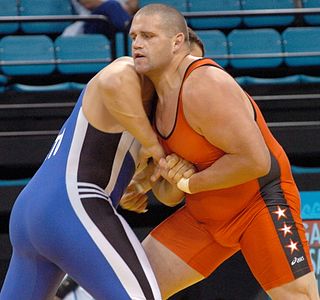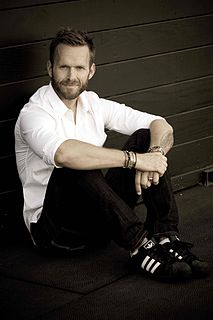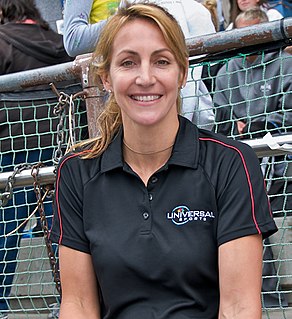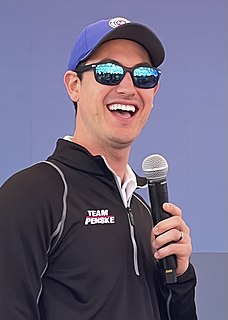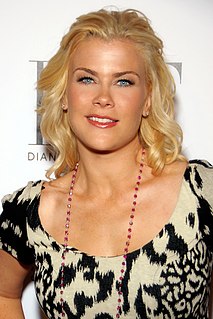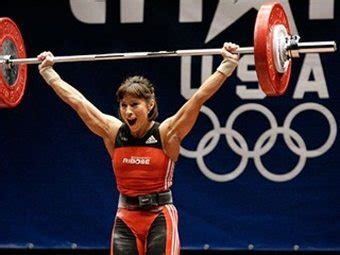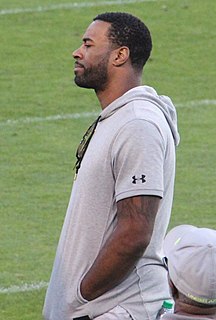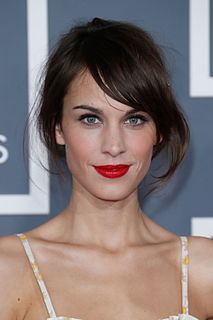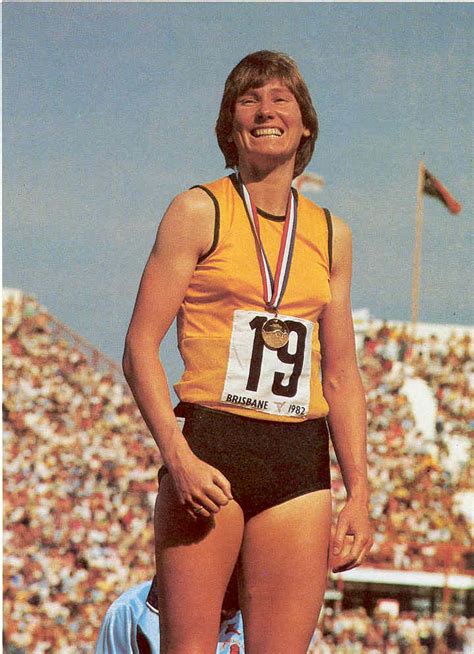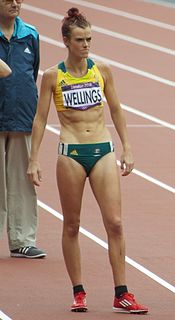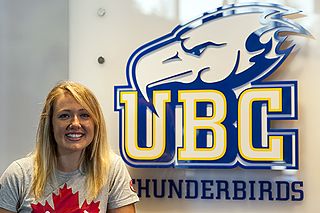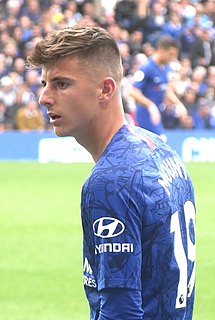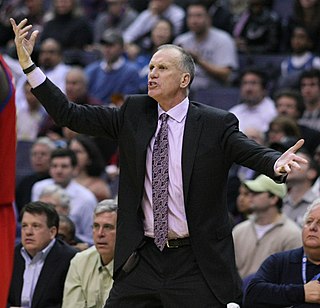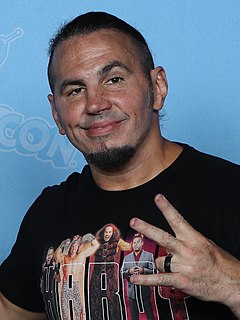A Quote by Rulon Gardner
I'm trying to make better choices, and for me, this is kind of a rebirth. If I make the Olympic team? Great. If not, look at myself after eight years and ballooning up almost 200 pounds and getting on 'The Biggest Loser.' You know what? I get my life back again, and that's what truly mattered to me.
Related Quotes
I missed the Olympic team in 1996 - missed making the team. I tried to make a comeback in my sport, and soon after the Olympic trials, Johann Olav Koss, who is a Norwegian speed-skater, called me up and asked me to be a part of Olympic Aid. Now Olympic Aid is Right to Play. It's a wonderful, narrow focus.
I’m really proud of my team. They have given me great cars all year long. Today, we finally got to show what kind of cars they have been giving me. We were up front, leading laps and showing how good this No. 22 Ford is. Once again today, my team showed they have my back and that will only make us better going forward.
One of the things I like best about 'Biggest Loser' is being around people who are trying to make the right choices. When you feel defeated about your weight and your health, like there's no hope, and you still make the choice to fight for it, to make the change happen no matter what people say or think, that's inspiring to me.
The team doctor, the team trainers, they work for the team. And I love 'em, you know. They're some good people, you know. They want to see you do good. But at the same time, they work for the team, you know. They're trying to do whatever they can to get you back on the field and make your team look good.
After I got divorced, I said to myself, I will never, ever get married again. It was in cement. I went through a really rough twenty-five years, but it happened again. I fell in love. I told her, Baby, I don't want a prenuptial agreement. This is it. Everyone told me I was nuts. Well, my new wife and I are married six years and we get along great. You can make anything work if you're both givers.
I remember when I went to try out for the Olympic team in 1972, Coach Iba told me he didn't care how many points I could score because if I couldn't guard anybody, I wasn't going to make the team. I knew to make the team I had to become a better defender. If you can play offense, you can defend. It just comes down to competitive will.
